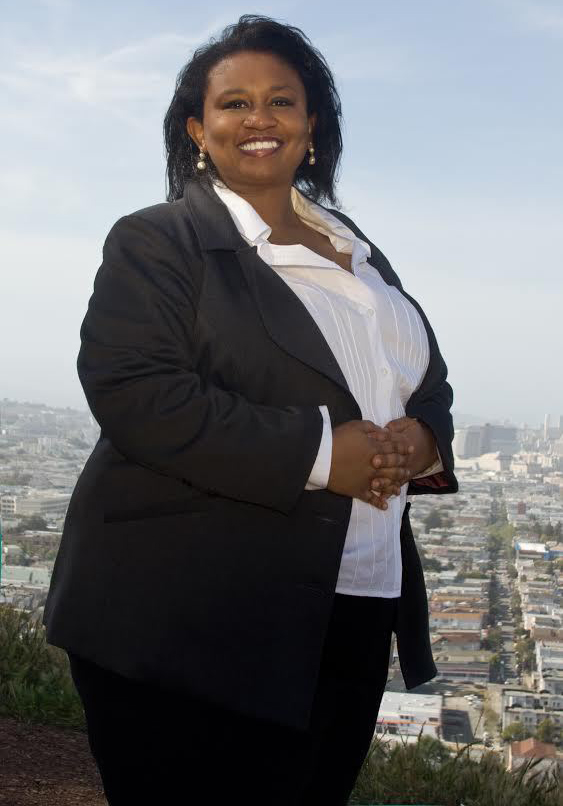The Situation
QWOCMAP (the Queer Women of Color Media Arts Project) had many elements of an effective communications strategy: an extremely successful international film festival, a loyal and engaged community of supporters and participants, and supportive management.
And yet T. Kebo Drew, QWOCMAP’s managing director (and de facto communications and development director) constantly felt stressed out and alone. She knew what needed to happen, but she just couldn’t get it done. “I felt like I was letting my organization down every single year,” recalls Kebo.
“Each year, I had a brief communications plan in my head, specifically around the film festival. But I didn’t have time or capacity to plan communications for the entire year, much less get everyone else on the same page,” says Kebo. “As a result, our communications were infrequent and our community, especially our donors, were asking us to communicate more.” Kebo made small improvements where she could, but she knew there was only so much could do alone.
The Solution
Kebo turned to the Communications Director Mentoring Program to help her concentrate QWOCMAP’s focus on communications as a team instead of her alone, to continue building her own capacity for communications, and to better align communications goals with other programmatic and organizational goals, including fundraising.
Kebo, who loves a good plan, appreciated the structure of the Mentoring Program. “Each thing is laid out so that what I was learning was a foundation block to the next item. It made it easy to measure and to see progress because we were actually getting somewhere,” says Kebo. “This structure offers a road map for change during the program, yet I can use the materials well beyond the six months of the program too.”
The Results
When Kebo started the program, she was quite reluctant to talk about the organization’s successes. It felt too much like bragging. “We were like those people who can’t just say thank you to a compliment. They downplay and negate the praise in a way that makes the other person feel silly,” recalls Kebo. Now, after working through the Mentoring Program, Kebo feel much more comfortable telling the organization’s story and yes, even bragging about their groundbreaking and visionary work.
“I realized that in many ways, we were doubting the brilliance of the people who love us. We want our community to know how brilliant we think they are, and part of that is telling them that they made the right decision to support us. So, yes, we can brag about being the first, the largest, and decades ahead of the mainstream. Loving our community means that we honor their love of us,” says Kebo.
Kebo also used to think she didn’t have enough content. “Now I have so much content and ideas that I’m having to pull back so that we’re not sending emails to all of our lists every single day. It’s abundance that I did not feel like I had before. It’s like when something hurts, and then all of a sudden it stops, which leads to feeling euphoric,” she says.
She also feels much more confident and less overwhelmed because she now realizes that she’s not alone. “I was able to share everything with our team, so they were excited about learning and improving our communications as well. We now have a clear path for where our organization is going, and communications are aligned with our goals for fundraising and programs. We can clearly see how it all fits together and how to get the communications work done together,” says Kebo. “I’m sure that new problems and struggles will pop up. But I feel more capable of dealing with those challenges. It feels like, “What CAN'T we accomplish now?’”




